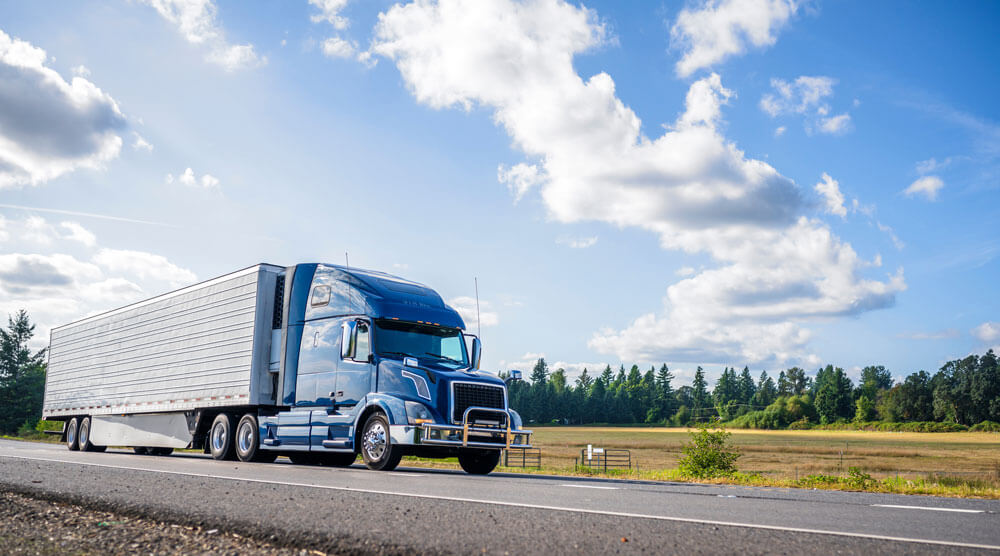Navigating the world of logistics can be a daunting task for newcomers. However, don’t be discouraged if you’re starting from scratch. With determination and the right information, you can learn how to become a freight broker with no experience. The beauty of this profession lies in the fact that it’s possible to enter and succeed in the field even without prior knowledge or experience.
Understanding the Role: What’s a Freight Broker?
Before diving into the details of how to become a freight broker with no experience, it’s crucial to understand what this role entails. A freight broker acts as a middleman between shippers who have goods to transport and carriers who can move these goods. They handle negotiations, logistics planning, and ensure the safe and timely delivery of cargo, making them a pivotal part of the logistics industry.
Step 1: Learn About the Industry
One can’t overstate the importance of knowledge in the freight brokerage business. If you’re looking to learn how to become a freight broker with no experience, your first task should be to educate yourself about the industry. Learn about the current market trends, understand different modes of transport, and familiarize yourself with industry terms and jargon. You can accomplish this through online resources, webinars, industry reports, and even by connecting with industry professionals on networking platforms like LinkedIn.
Step 2: Gain Necessary Training and Certification
While formal education isn’t strictly necessary, enrolling in a freight brokerage training course could provide you with an advantage. These courses teach the basics of brokerage, such as contract negotiations, pricing strategies, and managing relationships with carriers and shippers.
Upon completion of your training, the next step is to obtain your Broker Authority, also known as a Freight Broker License from the FMCSA. To get this, you’ll need to fill out an application, pay the associated fees, and obtain a surety bond to guarantee you’ll uphold your agreements with shippers and carriers.
Step 3: Establish Your Business
After you’ve obtained your license, the next step is to set up your brokerage, this involves:
- Developing a Business Plan: Your business plan should outline your goals, target market, competition, and financial projections.
- Registering Your Business: You’ll need to register your business name, get a tax ID, and register for state and local taxes.
- Setting up an Office: While you can start a freight brokerage from home, you’ll need basic office equipment such as a computer, printer, and a reliable phone and internet connection.
Step 4: Build Relationships and Network
Learning how to become a freight broker doesn’t stop at setting up your business. To succeed, you must forge strong relationships with shippers and carriers. Attend industry events, join online forums, and participate actively in industry conversations. Networking is crucial in this business and can open doors for partnership opportunities and potential clients.
Step 5: Continue Learning and Adapting
Finally, remember that becoming a successful freight broker requires continuous learning and adaptation to industry changes. Join professional organizations, participate in webinars, and stay up-to-date with industry trends. This commitment to learning is what separates successful freight brokers from the rest.
Bottom Line
Remember, everyone starts somewhere. While becoming a freight broker with no experience might seem challenging, with determination, proper planning, and a willingness to learn, you can build a successful freight brokerage business from the ground up.
Additional Resources for Transportation Professionals:
- How to get box truck contracts
- For truck insurance quotes
- Cargo insurance cost information


